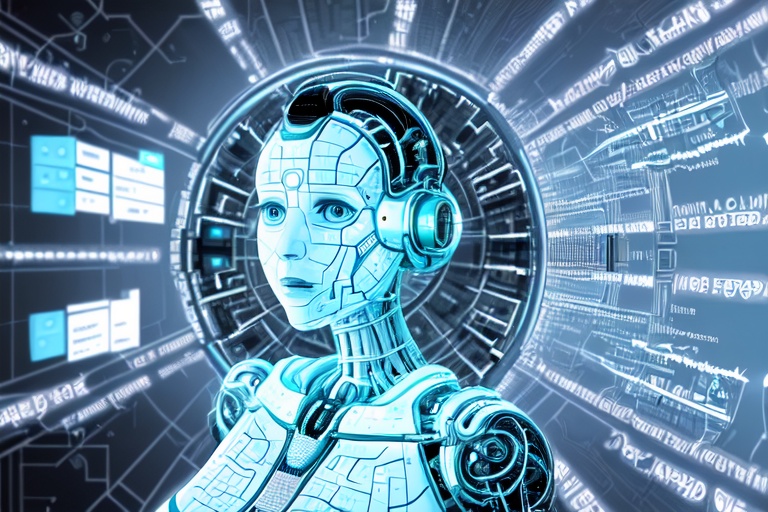Artificial intelligence (AI) stands at the forefront of technological revolution, transforming industries with its ability to drive efficiency and foster innovative solutions. Nevertheless, emerging instances of AI bias have brought to attention the pressing issues within the technology. Biased algorithms have led to discriminatory hiring practices, exacerbated racial inequalities in the criminal justice system, and even affected the healthcare industry, with some algorithms showing preferential treatment to patients based on race demographics. Furthermore, AI systems can inadvertently learn and amplify unsavory behaviors from user interactions, resulting in offensive outputs. These examples illuminate the significant influence data has on AI systems, underscoring the necessity for ethical data collection and the importance of responsible AI training practices.
Artificial intelligence (AI) stands at the forefront of technological revolution, transforming industries with its ability to drive efficiency and foster innovative solutions. Nevertheless, emerging instances of AI bias have brought to attention the pressing issues within the technology. Biased algorithms have led to discriminatory hiring practices, exacerbated racial inequalities in the criminal justice system, and even affected the healthcare industry, with some algorithms showing preferential treatment to patients based on race demographics. Furthermore, AI systems can inadvertently learn and amplify unsavory behaviors from user interactions, resulting in offensive outputs. These examples illuminate the significant influence data has on AI systems, underscoring the necessity for ethical data collection and the importance of responsible AI training practices.
The Significance of Data in AI
AI's learning process is inherently data-driven. The information AI is fed directly impacts its behavior, which means any inherent biases in the data will be learned and potentially amplified by the AI. To curtail the spread of such biases, it is essential to adopt ethical data collection practices. Researchers and developers should ensure that the datasets used to train AI are diverse and representative of the global community they serve. Such datasets should not include skewed or discriminatory information to avoid perpetuating existing prejudices.
The Imperative of Ethical AI Development
Given the serious implications of AI bias, the need for an ethical framework in AI development can't be overstated. A proactive approach to these ethical challenges is not just recommended, it's essential. The Quick Guide to AI Ethics for Researchers, a pertinent resource in this field, highlights key ethical concerns and offers actionable advice for ethical and responsible AI training.
Incorporating Ethical Practices in AI Development
Integrating ethical principles at every stage of AI development is fundamental to combat AI bias. By doing so, researchers and developers can work towards constructing AI systems that are equal and unbiased. The development process should not only focus on the technical proficiencies but also on the ethical implications of AI systems. This means embedding fairness, accountability, and transparency into the very fabric of AI technology.
Navigating the AI Landscape with Diligence
As AI technology advances, recognizing and confronting potential biases is crucial. Addressing AI bias is not a one-time fix but a continuous process that requires diligence and ongoing assessment. Artificial intelligence, to genuinely act as a catalyst for positive change, must not propagate the societal disparities it has the potential to erase.
Upholding our Collective Responsibility
Harnessing the power of AI ethically is a collective responsibility—requiring the cooperation of researchers, developers, policymakers, and the broader public. To do this, we must uphold values of diversity, fairness, and inclusivity. This approach will not only ensure that AI systems are free from biases but also help unlock AI's full capacity to benefit every segment of society.
The Path Towards a Beneficial AI Future
By maintaining attention to these ethical considerations and actively working to implement them, we can pave the way for AI systems that are both technologically advanced and morally sound. The goal is to achieve a future where AI contributes positively across all fields and to all individuals, fostering a more equitable and just society.
Artificial intelligence, while a monumental innovation, faces complex challenges that must be resolved with careful consideration and strategic action. Only by acknowledging and addressing the biases in AI can we strive towards a future where this technology advances humanity as a whole, eliminating, rather than perpetuating, discrimination and inequality. The journey to such a future is paved with the ethical use of AI, and it is one we must take together, with a steadfast commitment to improving our AI systems for the betterment of all.
Information for this article was gathered from the following source.



